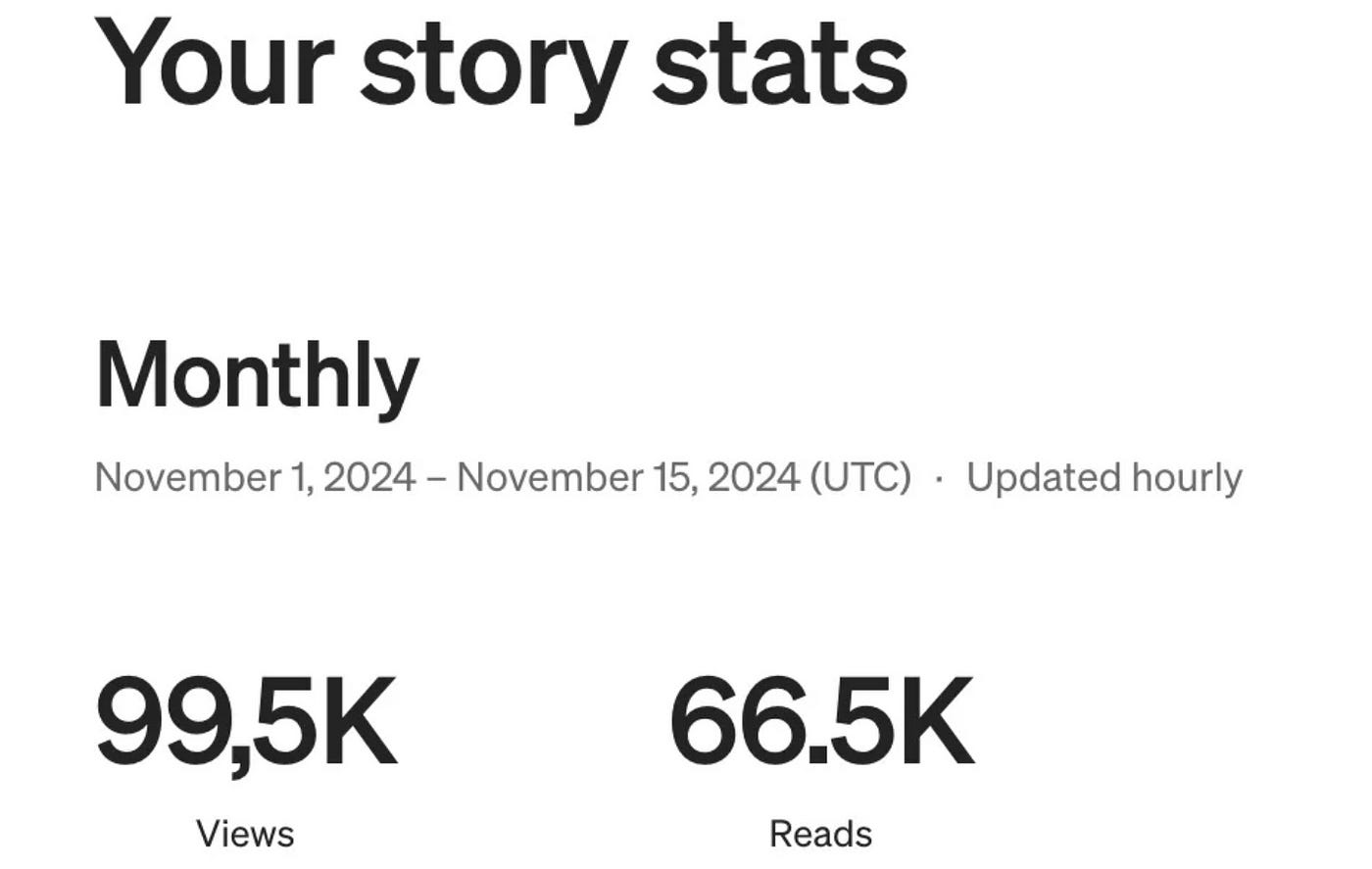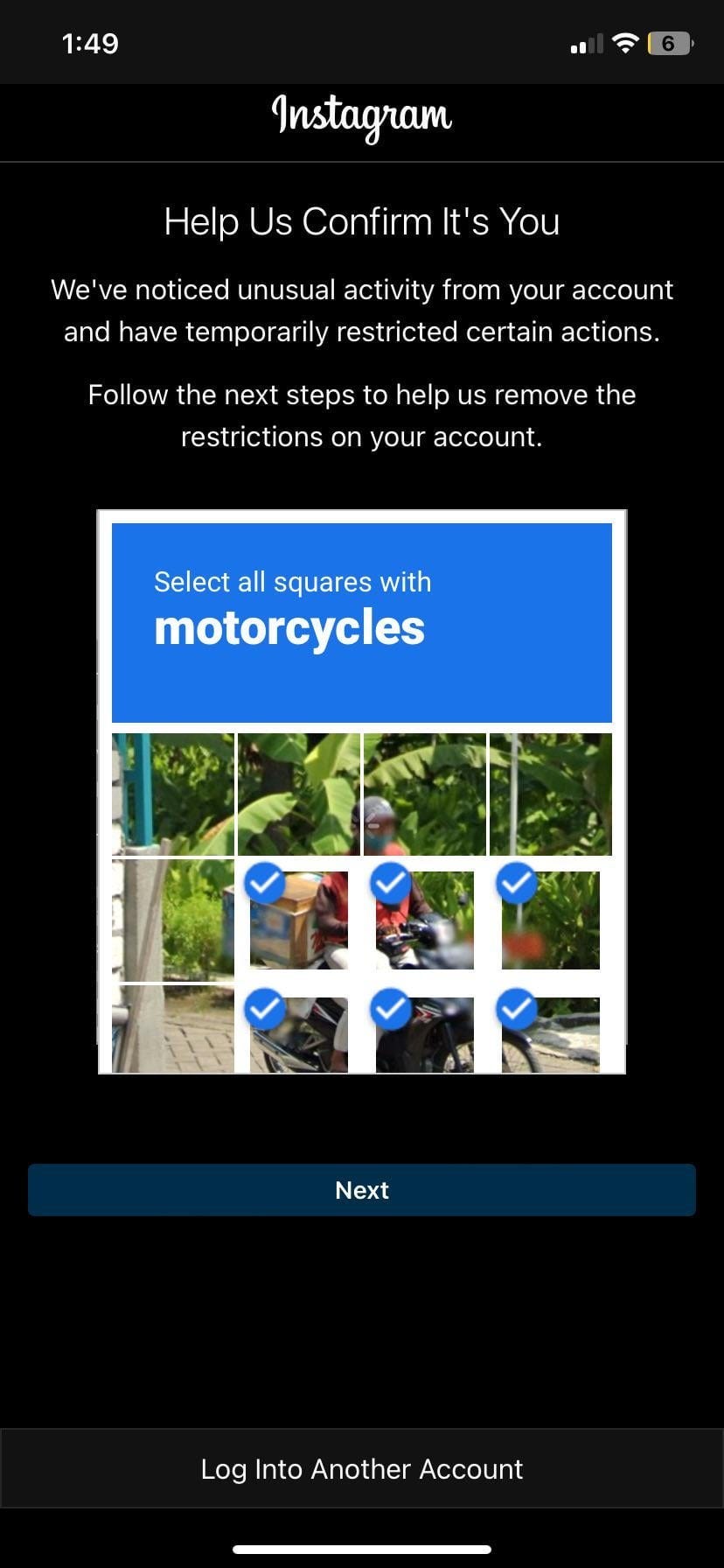Hilarious Secrets Only Programmers Can Uncover in the Digital World
This really makes me question the credibility of many earnings-sharing pages.
Did you ever feel frustrated when trying to log in to a website, only to find it endlessly spinning without signing you in?
Or have you ever admired someone who shared their incredible earnings online, eagerly waiting to hear their success story?
Ever since I became a programmer, I’ve encountered countless funny and peculiar situations like these. In the past, I might have been completely frustrated by these issues or even believed what I saw at face value. But now, I can see right through the tricks — and it’s hilarious to spot them!
This shift has not only made me laugh but also helped me stay calm and composed when faced with these scenarios.
Here are some amusing examples of how programmers can see through the illusions of the online world:
1. The Eternal Spinner
You’re trying to log in, and the webpage just keeps spinning, as if it’s working hard to sign you in. However, behind the scenes, the backend is stuck on a bug, and the spinning loader is merely a visual placeholder. The system isn’t doing anything productive — it’s just a facade!
2. Fake Earnings Screenshots
Someone shares a screenshot of their “amazing” earnings from a website, but a programmer notices the numbers have been edited using the browser’s inspect element tool. The tell? A typo in the screenshot reveals the illusion.

3. Infinite Scroll with Nothing to Show
Some websites implement infinite scroll, but programmers can spot when the API has run out of content. The page continues to load spinners, making it seem like more items are coming, but the backend has already returned an empty response. It’s like waiting for a bus that’s never coming.

4. The Clickbait Button That Goes Nowhere
A big, shiny button promises a fantastic reward if clicked. But on inspecting the code, a programmer finds it’s just a dead <a> tag with href="#" and no functional backend logic. It’s a button to nowhere!
5. Skeleton Loaders That Mask the Truth
Some websites create the illusion of speed by showing skeleton loaders, but programmers recognize this trick. They know the real work hasn’t even started on the backend yet. The loader is simply a way to buy time.

6. Fake Testimonials
Scrolling through a website, you see glowing reviews with usernames like “User1234” or “Test5678.” A quick inspection of the HTML reveals these reviews are hardcoded into the page — nothing dynamic or real about them.

7. Countdown Timers That Never End
Ever seen a “Limited Deal Ends in 5 Minutes” timer? Programmers know this is a common gimmick. Refresh the page, and the timer resets, proving it’s not tied to anything real.

8. CAPTCHAs That Won’t Let You In
Some CAPTCHAs fail no matter how many times you prove you’re not a robot. Programmers understand that it’s often due to a misconfigured backend or a missing session token — not user error.

9. Fake Progress Bars
Progress bars that move at a steady speed regardless of task complexity are just animations. Programmers see this and know the bar isn’t tied to any real progress; it’s there to keep you occupied.

10. Poorly-Implemented Popups
A popup insists you can’t close it, but a programmer can simply inspect the DOM and set the modal’s display to none. Problem solved.
11. Badly Designed Forms
Forms that seem functional but are missing crucial name attributes—so no data is actually submitted. Programmers can tell the backend will receive an empty payload.
12. “AI-Generated” Content That Isn’t
Some sites boast about AI-generated responses or content, but a programmer can tell from the predictable and template-like output that it’s just prewritten static text.
Final Thoughts
As programmers, we gain a unique perspective that lets us see through many of the illusions and quirks of the online world. While these tricks can be amusing, they also highlight the importance of transparency and good design. So next time you’re online, take a closer look — you might just spot some of these funny little details!
What funny or deceptive online quirks have you noticed? Share your stories below!





